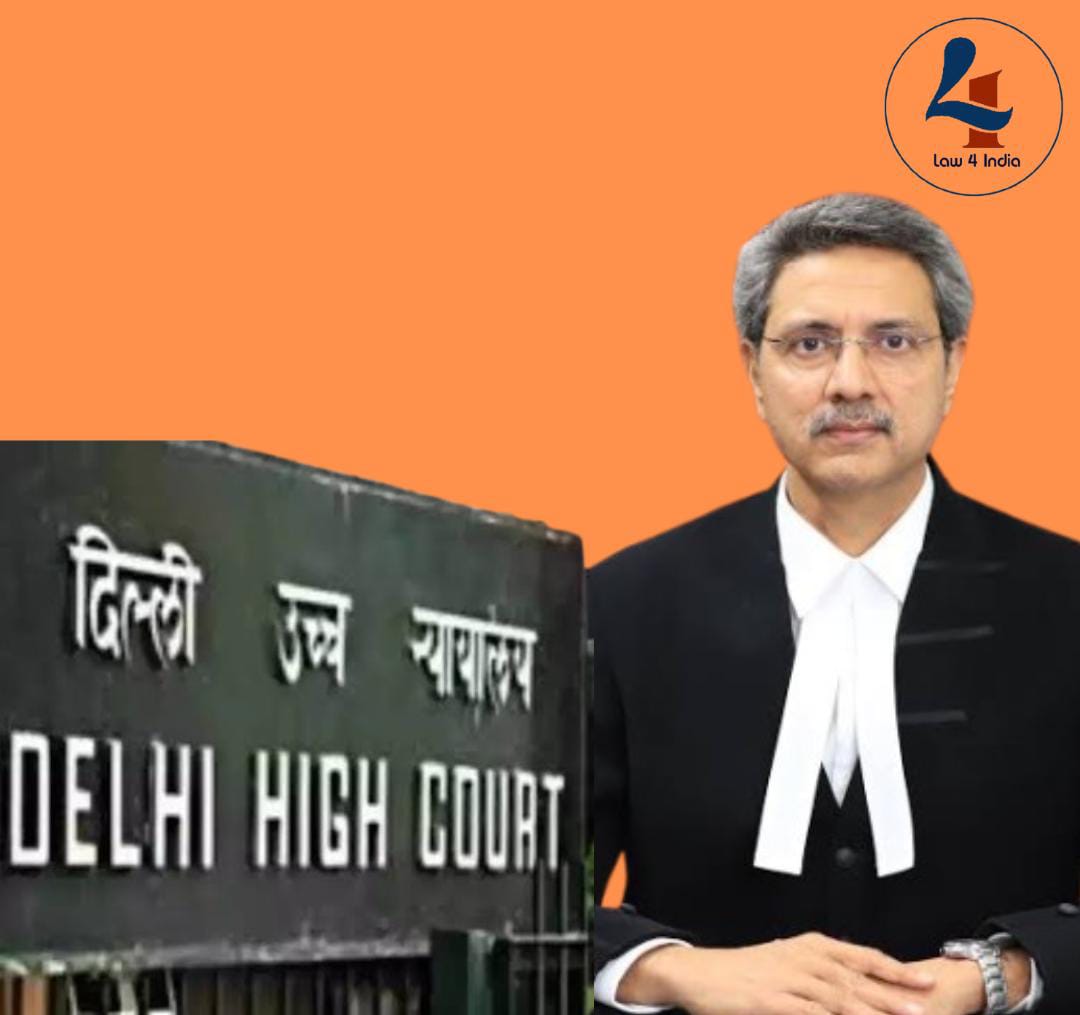-By Ayushi
Introduction:
The case of bail application of Baramulla MP Engineer Rashid has recently been reviewed by the legal experts. Legal problem surfaced when Rashid’s bail plea was rejected by the National Investigation Agency (NIA) court as it understood the jurisdiction lacked over the matter. The special MP/MLA courts cannot bring cases which the NIA had already investigated. Thus, Rashid requires an unresolved legal status. Important constitutional questions regarding jurisdiction prompted the Delhi High Court to seek clarification, as the Registrar General of the Delhi High Court filed an application seeking the Supreme Court’s intervention to determine which judicial body held the authority to grant bail in cases involving MPs and MLAs under NIA investigation. This led the Supreme Court to make a final determination.
Background:
In May 2017, the National Investigation Agency provided allegations stating that Pakistan-based groups, had provided funding to separatist Jammu and Kashmir leaders to conduct terrorist activities against India.
Besides putting up public amenities and school fires, money was considered used for attacking the match against people, which also involved involvement in stone attacks. Former-destructive gathering member Sheikh Abdul Rashid, who represented Langate in North Kashmir, was an independent politician before the incident.The court heard businessman Zahoor Watli during interrogation as he was a financial broker for terrorism. Along with Watli, the separatist group containing other members with other members was charged with facilitating financial deals through Rashid. Engineer Rashid is an incumbent member of the Lok Sabha from Baramullah, who had contested the 2024 elections. Rashid has been an inmate of Tihar Jail since 2019, as Nia had put her under UAPA during an investigation into the terrorist funding nutrition she provided in 2017. The academics proved Pakistan and the United Kingdom to be an anti-nationalist through evidences of getting foreign funds from Saudi Arabia and accumulating foreign funds to distribute among terrorist groups for funding.
Jurisdiction Conflict:
The fundamental judicial issue is concerned that the court has the right to grant bail to Rashid. Special MP/MLA courts exist for the purpose of speedy trial proceedings against elected representatives. In the present legal provisions, the Special Courts disallow any consideration of any case under investigation by NIA.
When Rashid won the Lok Sabha elections, the NIA court quit the post from fixing its bail application as the court lacked the power to handle such cases.
Rashid does not have any established judicial institution that can provide relief to him. The Registrar General of Delhi High Court wrote to the Supreme Court seeking clarification which court had bail jurisdiction until legal ambiguity on that authority did not clarify the law issue. goes. In the Delhi High Court, Justice Vikas Mahajan issued a notification to the Registrar General for the details of the administrative NIA court assignment pertaining to MP/MLA cases.
Special MP/MLA Court in India:
These courts were created as per the orders of the Supreme Court, which was established with the goal of the intensification of legal proceedings against public officials as a way of enhancing government accountability.
• Created under the Supreme Court’s directives to ensure expedited trials involving public officials.
• Operated with the authority of sessions or magistrate courts based on the case type.
• Followed standard criminal procedures to decide on bail and establish guilt or innocence.National Investigation Agency (NIA):
The National Investigation Agency New Delhi operates as India’s enforcement agency on top. The government formed the NIA under the NIA Act, 2008, with the motive to strengthen Indian capabilities for terrorist investigation and prosecuts after the 26/11 Mumbai attacks.
The organization is authorized to investigate the acts of terrorism throughout the region of India without the approval of the state government.
The organization holds the powers to detain and question the accused before the criminal cases are filed in the NIA special courts.
This pursuing authority refers to all statutory laws, the Explosives Act, and the UAPA and the explosives act with the IPC along with other relevant laws.
Legal logic:
Senior Advocate N. Hariharan sought interim bail for Rashid, emphasizing the need for his parliamentary representation. The defense team argued that Rashid’s constituency required his presence due to significant budgetary concerns.
The NIA, represented by Senior Advocate Siddharth Luthra, opposed the bail plea, citing security concerns and Rashid’s alleged misuse of jail facilities, including unauthorized phone use. Luthra contended that granting Rashid custody parole for parliamentary duties would set a dangerous precedent.
Justice Mahajan acknowledged the court’s discretion in such cases but noted the practical challenges, including the requirement for armed escorts, which are prohibited within Parliament premises.
Constitutional implications:
Important procedural and constitutional issues that come up in this case:
Right to representation of national security concerns vs. Rashid’s legal representatives argue that they should use their duties as an elected member of Parliament. According to him, his denying his components from denying his bail request deny his rights to his ideas in Parliament. The National Investigation Agency has claimed Rashid’s election that it does not approve bail as it will set an unprotected example for criminals facing serious allegations.
Special Court and Judicial Authority Legal dispute depicts that the prevailing legal rules of NIA inquiry into parliamentary members require improvement. The interference of the Supreme Court will help address fundamental questions relating to the operation of alternative judicial systems that might demand NIA courts to manage special cases.
UAPA only grants bail when the courts demonstrate evidence of both the innocence and minimum possibility of future criminal conduct from the accused. According to the NIA, the UAPA bail provisions cannot be implemented to Rashid due to the ongoing testing process and a total of 21 witnesses of 248 have been tested since the seriousness of his allegations.
What was Held?
On 10 February,2025 The Delhi High Court granted Jammu and Kashmir MP Engineer Rashid 2-day custody Parole. Justice Vikas Mahajan directed strict circumstances for his punishment following specific details because he ordered Rashid to be away from the Internet and media. Judicial supervision allows this order to be an exclusive chance of a detained MP to attend parliament sessions.

